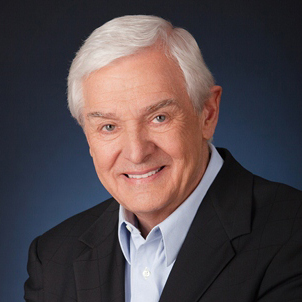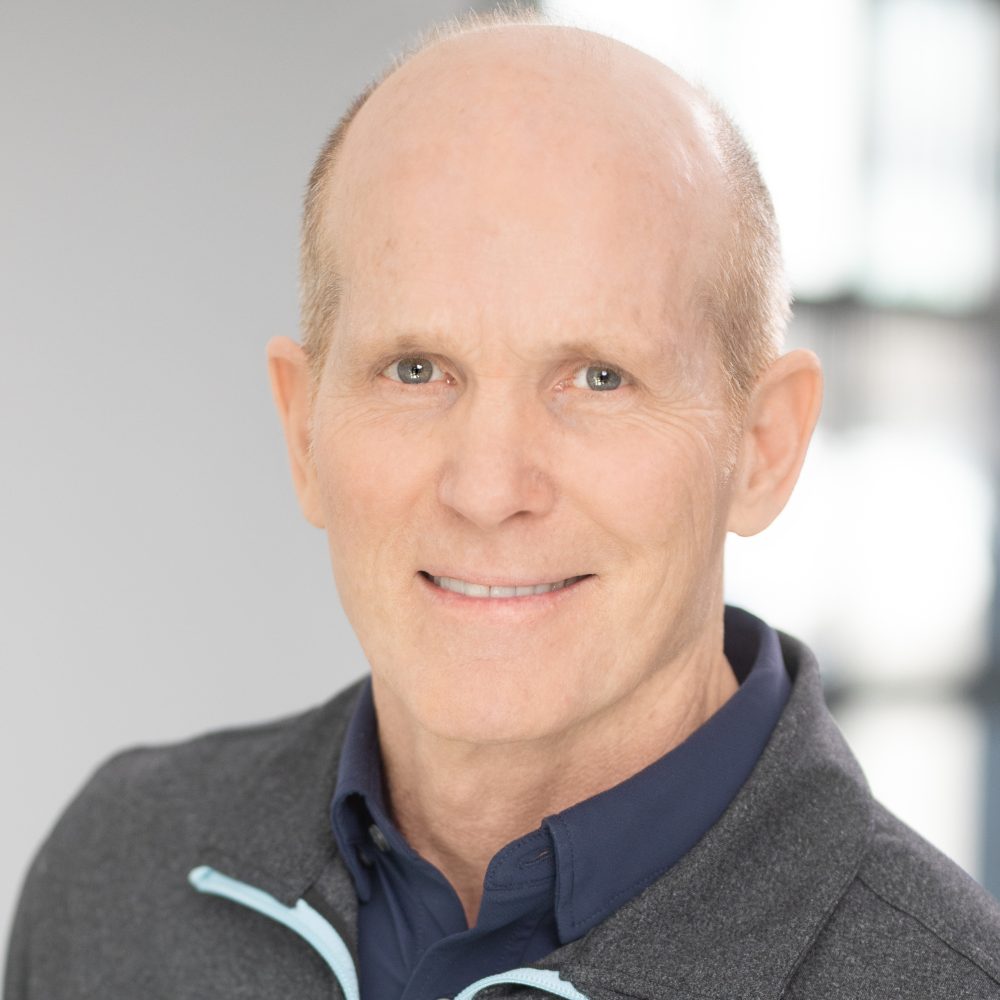Have you ever made a mistake but had trouble admitting to it? Martial arts guru, Bruce Lee, once said, “Mistakes are always forgivable, if one has the courage to admit them.” In other words, mistakes will happen so admit to them, but be smart and learn from them. Consider this list of mistakes that you don’t want to repeat:
Trusting someone you don’t know.
This is especially problematic when it comes to trusting someone with your money. Once you are burned by a bad deal, you learn the lesson of carefully reading any contract, lease, or agreement you sign.
For example, when I was younger, my husband and I sublet a house from a man who had the original lease. We never looked at the original lease, rather trusted him. When we moved out, we got stuck with all the deposit fees due to changes and damage he had done to the house before we ever lived there.
The homeowners held us responsible because he was nowhere to be found when we moved out. And we had agreed to keep his sports car in the garage for the entire time we lived in the house! We helped him and he took advantage of us. After that, we read every lease or renter’s agreement carefully. That was a financial mistake we did not repeat.
Not doing your due diligence.
Another mistake is to believe something that is too good to be true. If it sounds incredible, it probably is a scheme. I can’t tell you the number of people who have believed a very convincing con person to invest in get-rich-quick schemes. A great deal of money has been lost as a result.
Do your due diligence. Most often, get-rich-quick schemes and scams can be researched on the net. So, before you give your hard-earned cash to someone, complete an investigation. Ask questions, get references, check with the Better Business Bureau and more. And tell your elderly parents not to give information to anyone over the phone. Cons target the elderly who are more trusting of people who call and offer them help.
Operating your life without a budget.
So many people do this and find themselves in financial trouble. Developing and sticking to a budget, personally and professionally, forces you to make thoughtful choices about what you want versus what you need. Once you understand how much you’re spending and what you’re spending it on, you can make better choices.
For example, do you have a coffee budget? This may sound silly, but my morning latte at my favorite coffee shop can cost me around $1,000 a year. If I can afford it, fine. But if I am struggling, it might be better to brew my own coffee in the morning.
The point is that smart people learn from their mistakes and don’t repeat them. If you make a mistake, don’t beat yourself up. Rather review where you went wrong and correct the mistake. If you repeat a mistake over and over, it is not a mistake anyone more–it is a decision, and it is not too smart!










